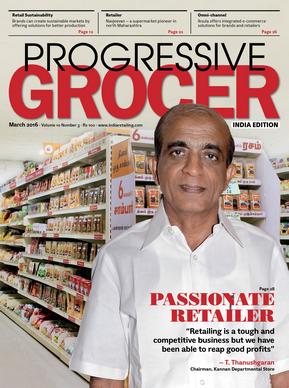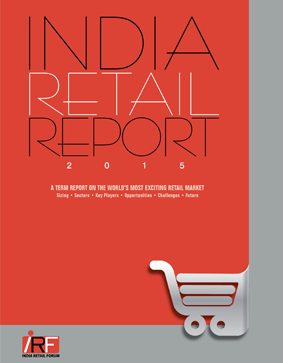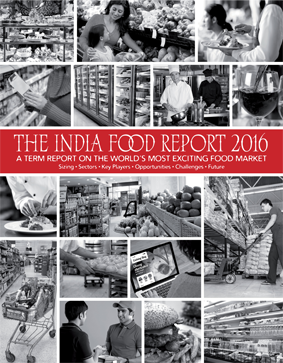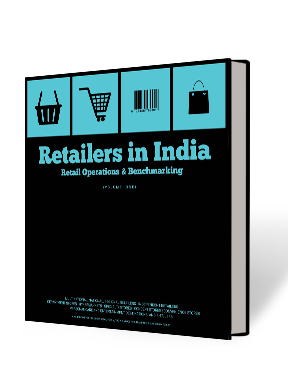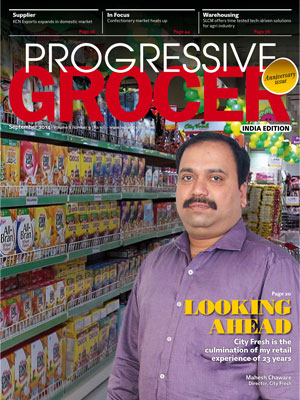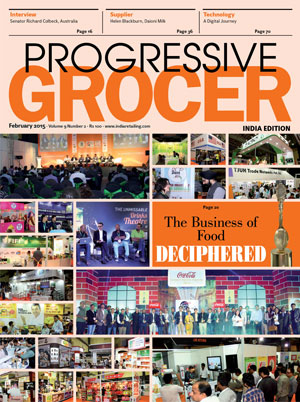Description
Is foreign direct investment in multi-brand food retail the bugbear it is made out to be? Experience suggests otherwise. The opposition and resistance to 100 per cent FDI in multi-brand retail – as compared to the 51 per cent cap currently – is mostly exaggerated and founded on misconceptions. The fear that owners of small kiranas will bear the brunt of loss of business and livelihood is not rooted in ground reality. “Walmart has 20 of its 25 outlets in Punjab and no kirana shop has been driven out of business there,” points out Harsimrat Kaur Badal, Union minister for food processing, whose efforts have nudged the government into allowing 100 per cent FDI through FIPB route in marketing of food produced in India. The policy, announced in the Budget, has been hailed as a very progressive decision.
At a time, when agrarian stress is very pronounced and the rural economy is reeling, the announcement is expected to promote farmers’ interest and welfare, encourage farm diversification and boost food processing. Whether it will prompt more international retailers to set up shop in India is something we will see in the fullness of time.
All the same, the announcement has sent very positive vibes for the industry, which has now set its sights on further reforms in the food sector. Many in the industry are hoping that this decision will eventually act as a proxy for allowing full FDI in multi-brand retail. If and when such a decision comes, it will be for the good and betterment of the industry as a whole.


